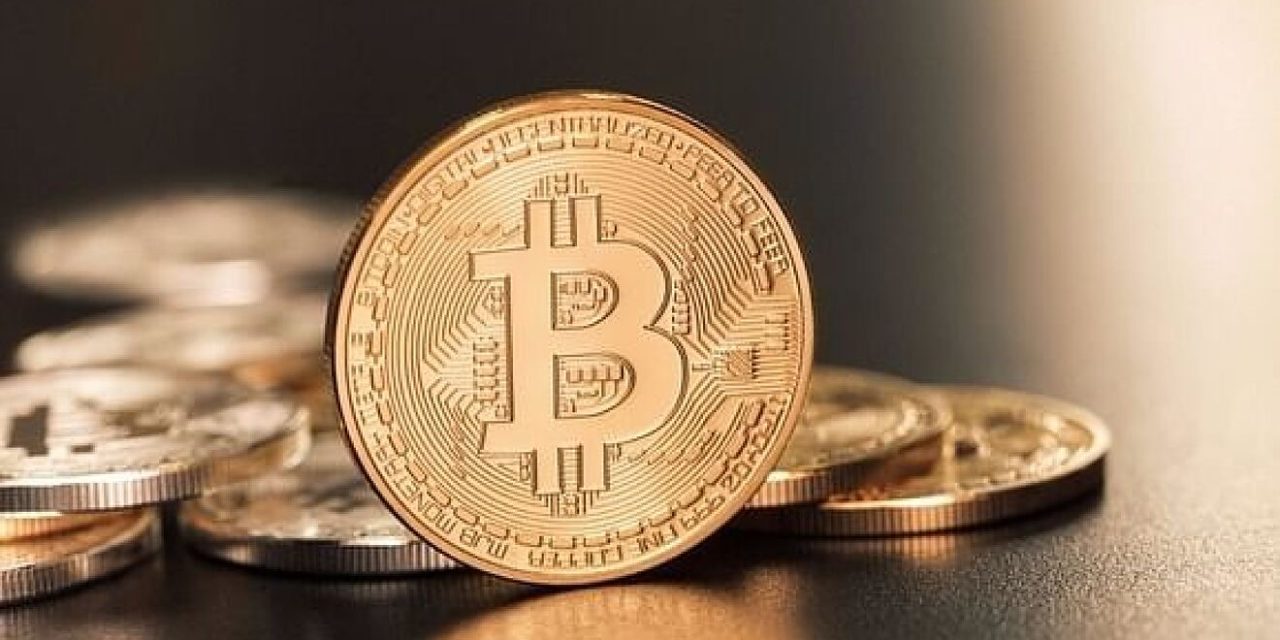Opinion/Editorial
BITCOIN
Think Uber, the main substitute company running in parallel with regular taxi operations. Uber was created to work around the established rules of the taxi business. Uber does not insure vehicles, use its own vehicles, or claim any liability or responsibility for moving people around for money. The taxi business must have inspected, licensed and medallion-owned vehicles and drivers, all holding insurance on everything, and paying the premiums.
Bitcoin is the Uber of the banking business. It runs right around the stringent rules established for businesses that hold and control other people’s money. Regular banks must conform to many tough regulations put into place because of many years of abuses and theft, now prevented by those stringent rules and regulations. Bitcoin entities and there are thousands of them now (Bitcoin.com being the largest, by far), and they basically are banks to whom people send ‘real’ money (the U.S. or other acceptable foreign currencies) and that real money is converted into ‘fake money,’ or rather bitcoins. Whether the entity is Bitcoin itself, or Binance, CoinFlip, DOHE, to name just a few, makes little difference. The public, converting any real money to bitcoins, is replacing trust in a formalized regulated bank into trusting people and entities they not only don’t know but also to entities that are almost entirely free of regulations that might protect them.
Bitcoins, unlike the regular currencies, can also be traded, hence their rising and lowering value on the bitcoin market. Real currency is pegged to a standard value. People with U.S. currency cannot go into a competing bank and have the currency deposited valued differently. Only converting currencies to other currencies can be valued differently. Investing in those conversions is called arbitrage but is international in nature. Trusting individuals and unregulated entities with lots of money can be extremely problematic. In the U.S., if your money is in a bank or savings and loan, other banks rush in to cover losses if the bank or savings and loan fails. Ultimately, the U.S. government steps in, if other banks don’t or can’t, and reimburses up to $250,000 per account. Those banks are called FDIC banks and savings and loans, which are almost such entities in this country.
The insurance on bitcoin deposits is zero and the willingness of these bitcoin entities to give you your money back is determined by the person or persons running the bitcoin entity. To date, around the western world, about 30 billion has been lost by investors in bitcoins because the heads of some of these operations died with all the codes to access the accounts. This has happened time and again, and that information is readily available on the Internet. As with Uber, the public, forking over cash for a service (or investment in the case of a bitcoin, has almost no protection if the owners don’t have insurance, don’t have functional equipment, or even functional information. Bitcoin mining is a phrase bandied about because of the expense and energy it takes to keep computers constantly moving bitcoin information around (there is no physical manufacturing mining or physical coinage attacked to bitcoin currency) among high speed and vast computer networks.
This movement keeps adjusting the ‘value’ of the bitcoin as if the faux currency is a stock on the stock market. Bitcoin ATMs are cropping up across the nation, as regular ATMs are being rebuilt to convert bitcoins to U.S. currency or even dispense bitcoin certificates acceptable to businesses that will take them (for example, you can buy a Tesla automobile using a direct payment of bitcoin currency).
Banking changed after the great depression, when it was discovered, once and for all, that sending or depositing money with other people without strict rules and harsh penalties for a failure to follow the rules, could be a terminal mistake for the country, as well as the people doing the trusting. Now, coming full circle, the U.S., and much of the world, is returning to a time when blind trust is being given to anonymous people who might have no interest whatever in making good on financial promises made.
Until the Uber experience comes full circle (and rules and regulations are hitting that business like a cement truck right now, because of the things discussed in this article) then trusting bitcoin operations should be considered among the riskiest investments that a person might want to make.
All money, all currency, works on a principle of trust. There is no coin in bitcoin. Gold and other precious metal exchanges do not require trust. They require physical measurements and science, as the value is intrinsically set and then maintained. Note that such precious metal transactions are almost without fail, however, pegged to the value of U.S. currency. The last thing about bitcoin is its anonymity. Bitcoin deposits are encrypted, as well as bitcoin disbursements, making this method of financial transfers very popular with those seeking to almost entirely escape detection, for whatever reason. Bitcoin investment is a ‘buyer beware’ involvement.
Be careful out there.







